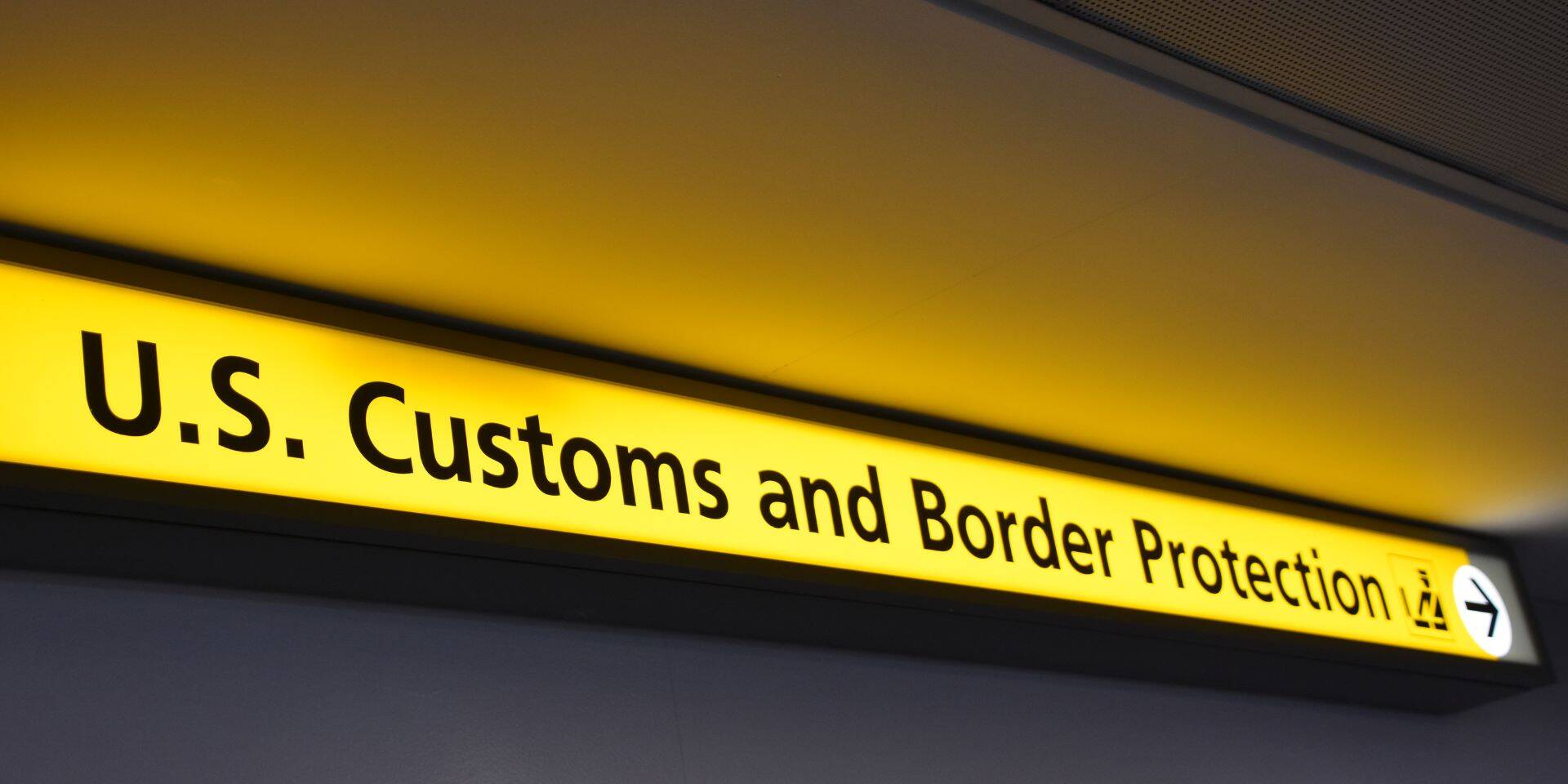The Department of Homeland Security (DHS) announced a proposed rule seeking to strengthen existing DACA protections on September 27, 2021. The rule will be officially published on Tuesday, September 28, marking the start of a 60-day public comment period. While this is a positive step for DACA, as Homeland Security Secretary Alejandro Mayorkas emphasized in announcing the rule, “only Congress can provide permanent protection.” To date, two bills have been introduced in Congress since January, but neither has made any progress. Most recently, Democrats have looked to include citizenship provisions for DACA in the reconciliation bill. In his announcement, Secretary Mayorkas indicated he supports including immigration reform in the bill, urging Congress “to act swiftly to provide Dreamers the legal status they need and deserve.”
In July, a Texas judge ruled that DACA violated the Administrative Procedure Act (APA) and blocked USCIS from approving new applications for the program. DACA was originally created by President Barack Obama, through an executive branch memorandum. While the Biden Administration has filed an appeal from the judge’s decision, this proposed rule seeks to preserve and fortify DACA by undergoing the formal, public rulemaking process required by the APA.
The proposed rule includes the same provisions the DACA program has always operated under but does include some changes. First, the proposed rule would modify the existing filing process and fees by making the I-765 application for work authorization optional. Currently, it is required to file both the I-821D and I-765 for a total fee of $495. In making the I-765 optional, the proposed rule will charge a fee of $85 for the I-821D if filed alone, to maintain the current total fee structure for those who choose to file both forms ($85 for the I-821D + $410 for the I-765 for a total of $495). Next, the proposed rule would create a DACA-specific regulatory provision regarding work authorization eligibility in a new paragraph designated at 8 CFR 274a.12(c)(33). Further, the proposed rule would automatically terminate work authorization upon the termination of DACA. Finally, the proposed rule would reiterate the longstanding USCIS policy that those who have been granted deferred action are considered “lawfully present” and will not accrue unlawful presence in the U.S.
While the proposed rule will not provide a pathway to citizenship or any permanent protection for Dreamers, it does seek to legitimize the program and address the concerns raised by the federal court ruling. DACA has long been criticized as an overreach of executive authority, subject to numerous challenges over the years. By undergoing the formal rulemaking process through DHS, the Biden Administration seeks to shield the program from future challenges and protect all those who depend on the program until Congress takes action to create a permanent solution.
ILBSG will keep its clients updated on further developments in this area. If you have questions about DACA, please reach out to an ILBSG attorney today.
Related Posts
May 8, 2025
Immigration Officials used Criminal Database for Student Visa Terminations
DHS revealed they used the FBI-ran NCIC…
May 5, 2025
Big Tech Provides ICE with New Immigration Tracking Software
Federal officials are teaming up with a…


